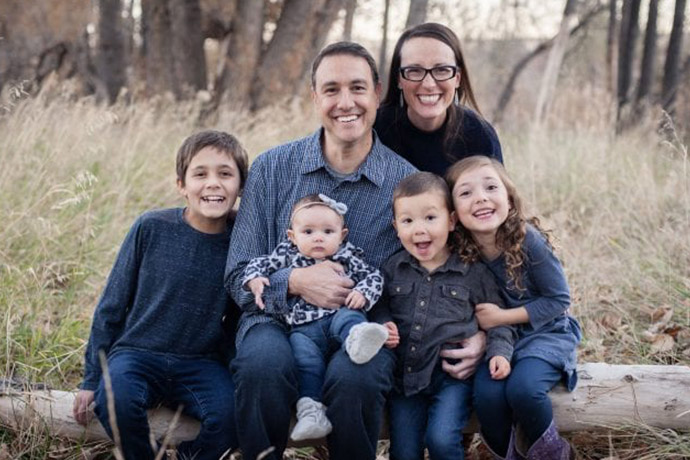When asked, most people would say they want to be as healthy as possible. While many people watch what they eat and exercise regularly, there is a silent stalker that can potentially play a role in serious health consequences – obstructive sleep apnea. Many people with this condition are unaware that they have it. It is estimated that sleep disordered breathing is undiagnosed in 92 percent of affected women and 80 percent of affected men.
This sleep disorder goes beyond just interfering with your sleep and making you grouchy. To improve your sleep as well as your overall health, obstructive sleep apnea (OSA), the most common kind, needs to be treated by a trained professional.
OSA occurs when the tongue and soft tissues in the back of your throat relax and block your airway while you sleep. You’ll wake up just long enough to take in more air, then drift back to sleep. You are likely not aware that this cycle is occurring, even though it can happen dozens of times per hour. Sleep apnea has been linked to high blood pressure, heart attacks, strokes, diabetes, and depression. That’s why it’s so important to get the treatment you need.
Experience the Comfort & Convenience of a Sleep Appliance
The team at Boulder Dental Designs will work with a local physician to have a sleep study done and get you a diagnosis of OSA, if indicated. We will then create a custom sleep appliance for you. We’ll use 3-D imaging from our dental cone beam CT scanner to get the proper specifications, then our lab partner will fabricate the appliance.
Unlike a CPAP machine, which is commonly prescribed for obstructive sleep apnea, a sleep appliance offers several key benefits:
- It’s small and will easily fit into an overnight bag.
- It won’t require any electricity, so you can use it anywhere.
- You won’t have to deal with a bulky mask or noise from a machine.
- No special cleaning routine is needed.
We’ll make sure your appliance fits comfortably in your mouth. The appliance will move your lower jaw slightly forward, so your air passage stays open. This will reduce or eliminate your sleep apnea occurrences and help you get the rest you need. Just as important, it will reduce your risk of other serious health conditions.
Call us today at 303-816-3863 to schedule a consultation. You can also make an appointment . Be sure to schedule your next regular checkup as well.



